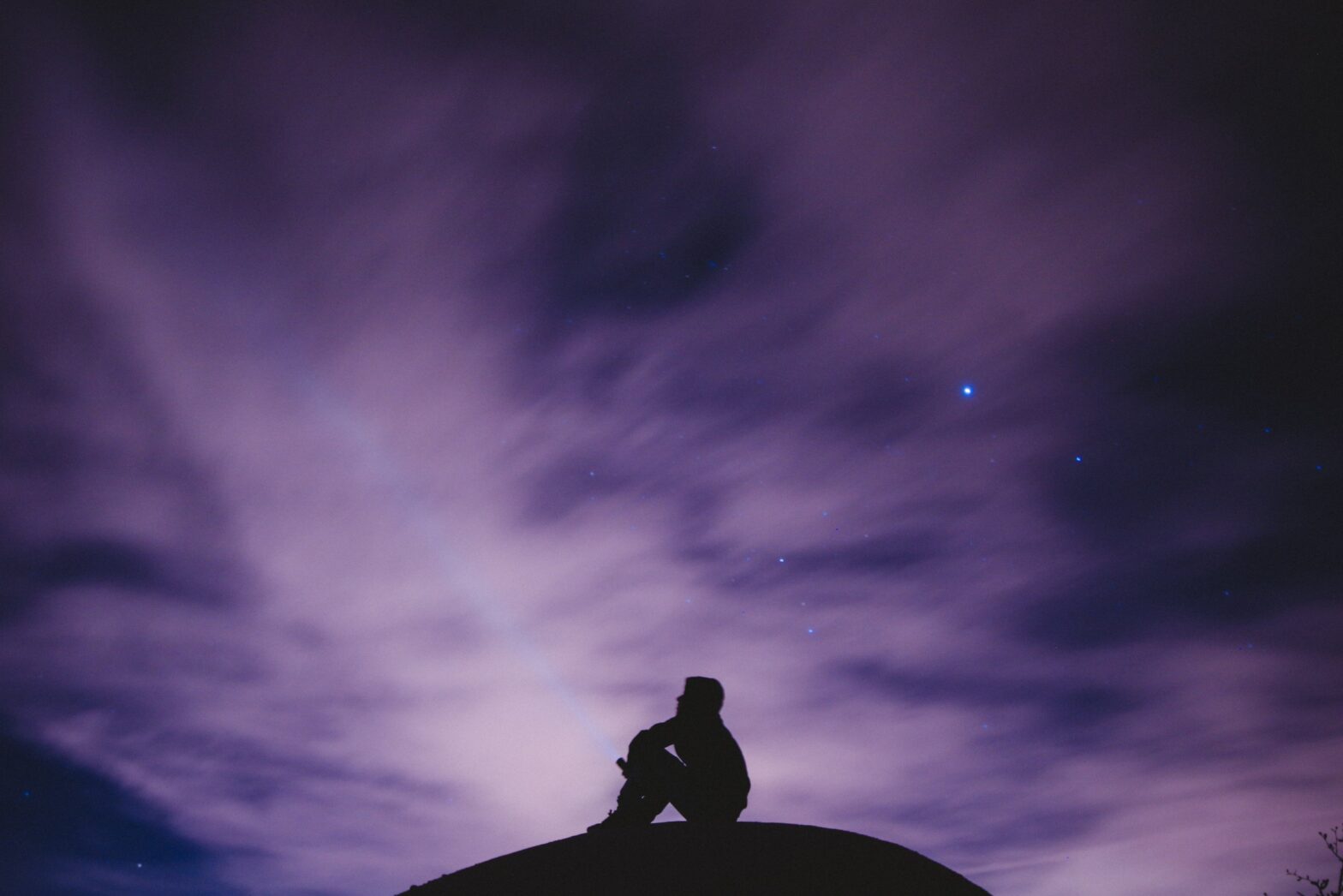Slaying Curiosity

In my deepest, darkest, hopeless moments I wonder where my family and I might have to escape to when the antisemitic waves rise to tsunami levels.
(I know, that’s a particularly nasty ring of my own internal hell.)
At the same time, I’d be lying if I didn’t acknowledge that, with armed neo-Nazis happily posing as patriots and authoritarian ideals sprouting like weeds after a spring rain, some days it’s just plain difficult to find real hope.
With that bit of honesty out of the way, here’s a related question I’ve been asking myself: “What leads folks to think banning books is a good thing?”
Aside from the fact that there are indeed some sensible guidelines around what is and isn’t developmentally appropriate for younger kids, my impression of what’s happening here in the US is an expression of the nemesis of free societies everywhere…
The shadowy fear of “other” and, of course, the terrifying prospect of not being able to control what our children believe.
When the works of the Toni Morrisons, Art Spiegelmans, and Harper Lees of the world (among others) are pulled from school libraries and classrooms, I wonder whether, operating just under the surface, there’s a fear of curiosity itself.
Curiosity, the desire to know and discover, is as natural to human beings as breathing. It’s a force that drives scholars, scientists, artists, adventurers, inventors, mystics – even athletes – to learn, grow, contribute, and be more.
Everything humans have created, from spoons to spaceships, cars to cancer treatments, great artworks to great social movements, have deep roots in curiosity and its close cousin, imagination.
Here’s the thing: Ideas that challenge what we think we know, that fire the imagination and, at times, poke the proverbial bear in wildly uncomfortable ways are vital to growing our collective pool of knowledge and consciousness.
Books are one of the places those ideas come to life.
What makes these works dangerous or threatening (to some) are also the very thing that makes them powerful and compelling.
While I can appreciate parental concern over profanity and/or sexual content, barring outright pornography, middle school and high school kids have, with rare exceptions, more sophistication and discernment than we tend to give them credit for.
They also have the internet. But let’s not be too obvious.
What message is being sent when parents (or school boards or legislative bodies) try to impress upon children the importance of education while, at the same time, letting them know they can’t be trusted to handle ideas and images?
What, aside from imposing control rooted in fear, is to be gained by encouraging learning whilst attempting to slay curiosity at the same time?
Human history – and life itself – is filled with as much ugliness and loss as it is triumph and beauty.
Hiding uncomfortable ideas and less-than-rosy historical events from kids won’t magically protect them from the realities of the world…
They’ll find out eventually.
On the other hand, reading those books with them – and being willing to have the open, honest, and sometimes difficult and uncomfortable conversations that the ideas within inspire – just might go a long way toward easing their transition into adulthood.
I’m guessing that everyone, parents and kids together, will learn a whole lot more about one another, critical thinking, facing discomfort, and the importance of responsibility…
As an added value, the whole family’s curiosity will get a nice, healthy boost.